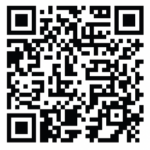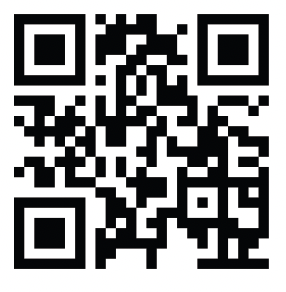NASA will provide live coverage of its Spaceflight for Everybody virtual symposium, an event aimed at communicating the current state of NASA spaceflight health knowledge. The symposium takes place Monday, Nov. 8 to Wednesday, Nov. 10.
NASA TV, the agency’s website, and the NASA app will offer live coverage each day, including an American Sign Language translator.
The event will highlight NASA’s operational medicine and biomedical research findings helping to establish how the human body adapts to the environment of space during missions. Other health and medical topics will include future spaceflight participation goals for a more diverse group of space explorers.
Speakers include:
- Pam Melroy, NASA deputy administrator
- Kathryn Lueders, associate administrator for Space Operations at NASA Headquarters in Washington
- Dr. J.D. Polk, NASA chief health and medical officer
- Vanessa Wyche, director of NASA’s Johnson Space Center in Houston
- Dr. Serena Auñón-Chancellor, NASA astronaut
- Charles Bolden, former NASA administrator
Discussion will include the benefits of partnering with commercial providers for human health research to NASA, the commercial spaceflight sector, and the scientific community.
A full schedule of events is available online. Media, scientists, researchers, healthcare workers – especially those interested in space medicine – and others who would like to join the virtual chat should register online each day:
- Monday, Nov. 8: WebEx registration link
- Tuesday, Nov. 9: WebEx registration link
- Wednesday, Nov. 10: WebEx registration link
For more than 20 years, humans have lived and worked continuously aboard the International Space Station, advancing scientific knowledge and demonstrating new technologies, making research breakthroughs not possible on Earth. As a global endeavor, 246 people from 19 countries have visited the unique microgravity laboratory that has hosted more than 3,000 research and educational investigations from researchers in 108 countries and areas.
For more information about the Spaceflight for Everybody virtual symposium, visit:
https://www.nasa.gov/hrp/spaceflightforeverybody/

